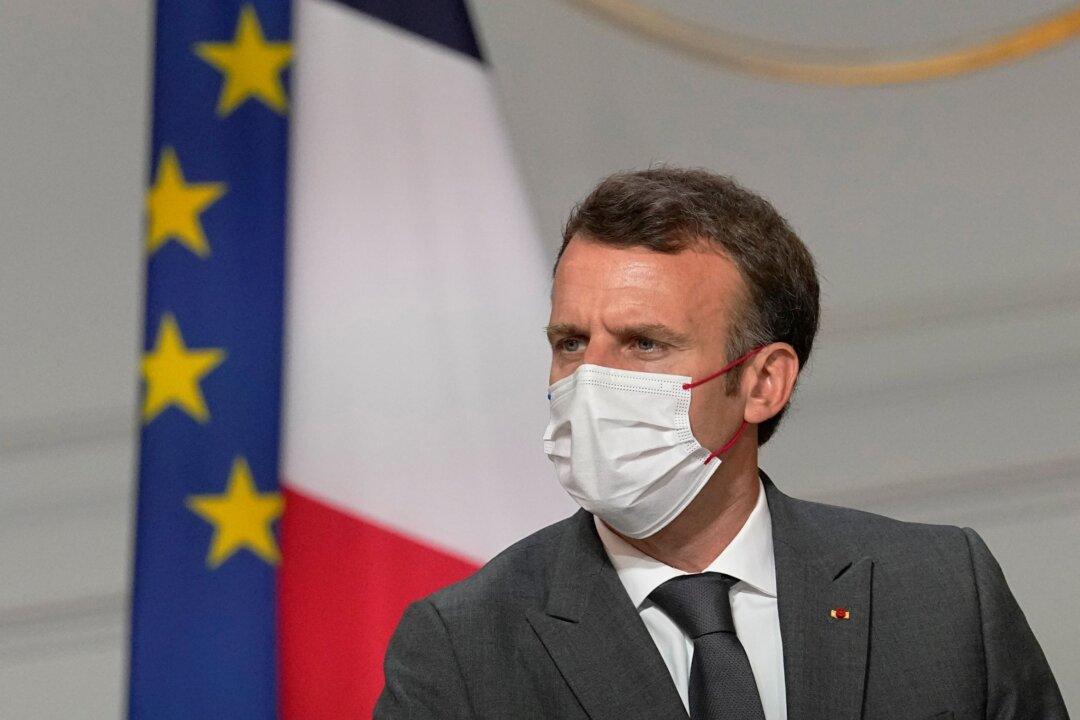According to one diplomacy expert, France’s displeasure at the AUKUS trilateral pact is not about a cancelled $90 billion submarine project.
Instead, the AUKUS agreement represents a significant step-up in countering Beijing, which may disrupt French and European efforts to maintain its “strategic autonomy” toward the Chinese Communist regime.





